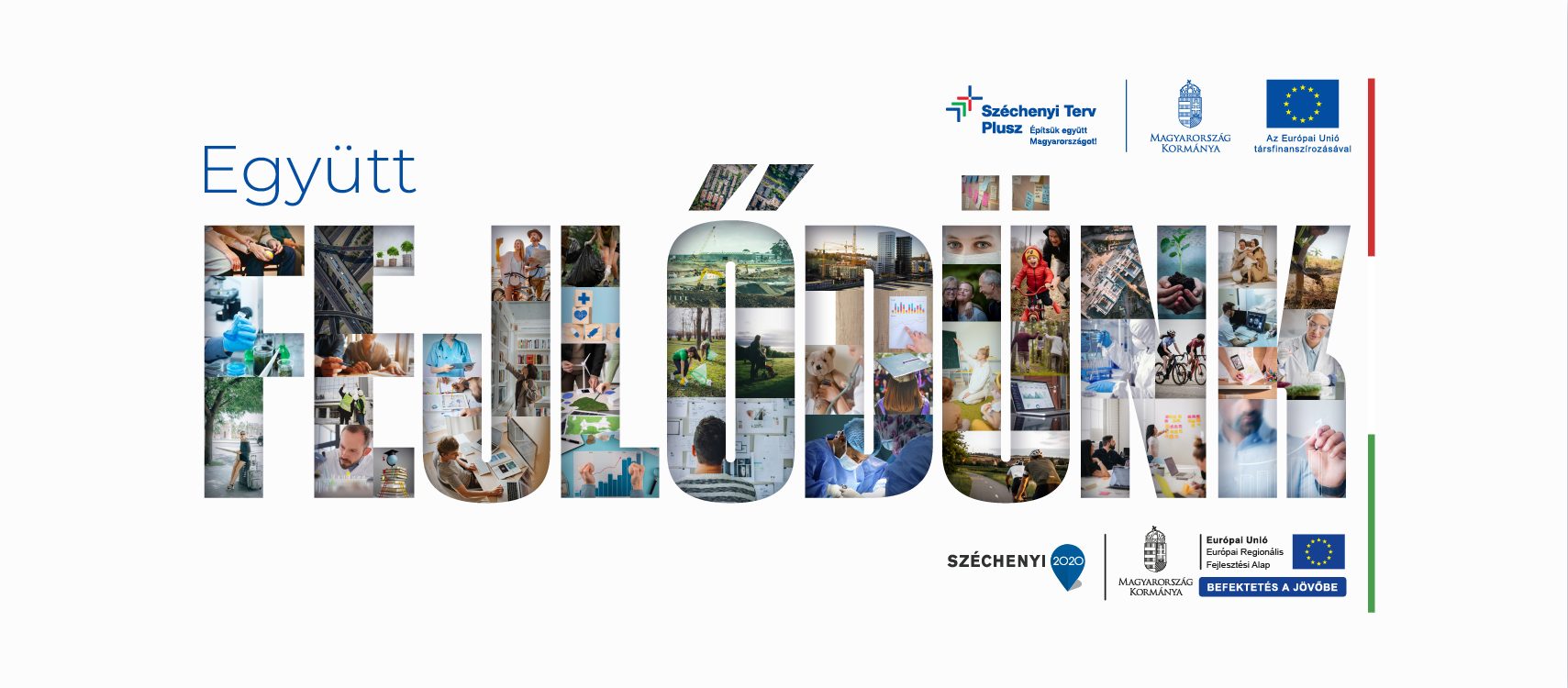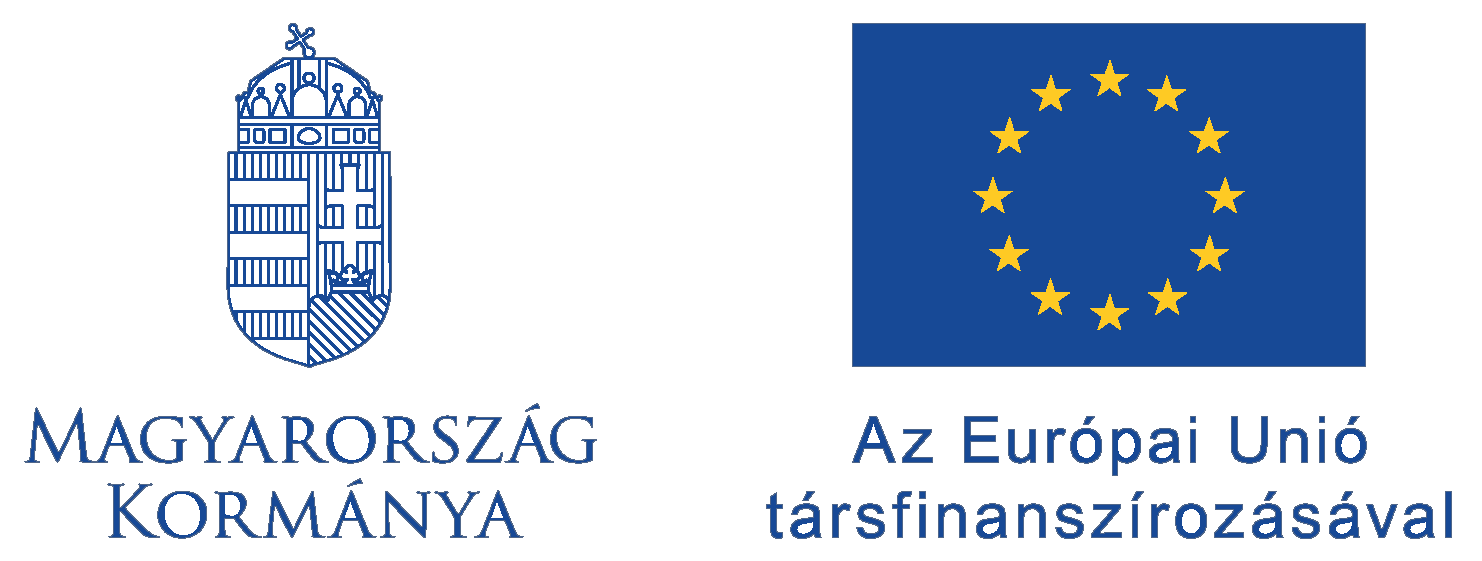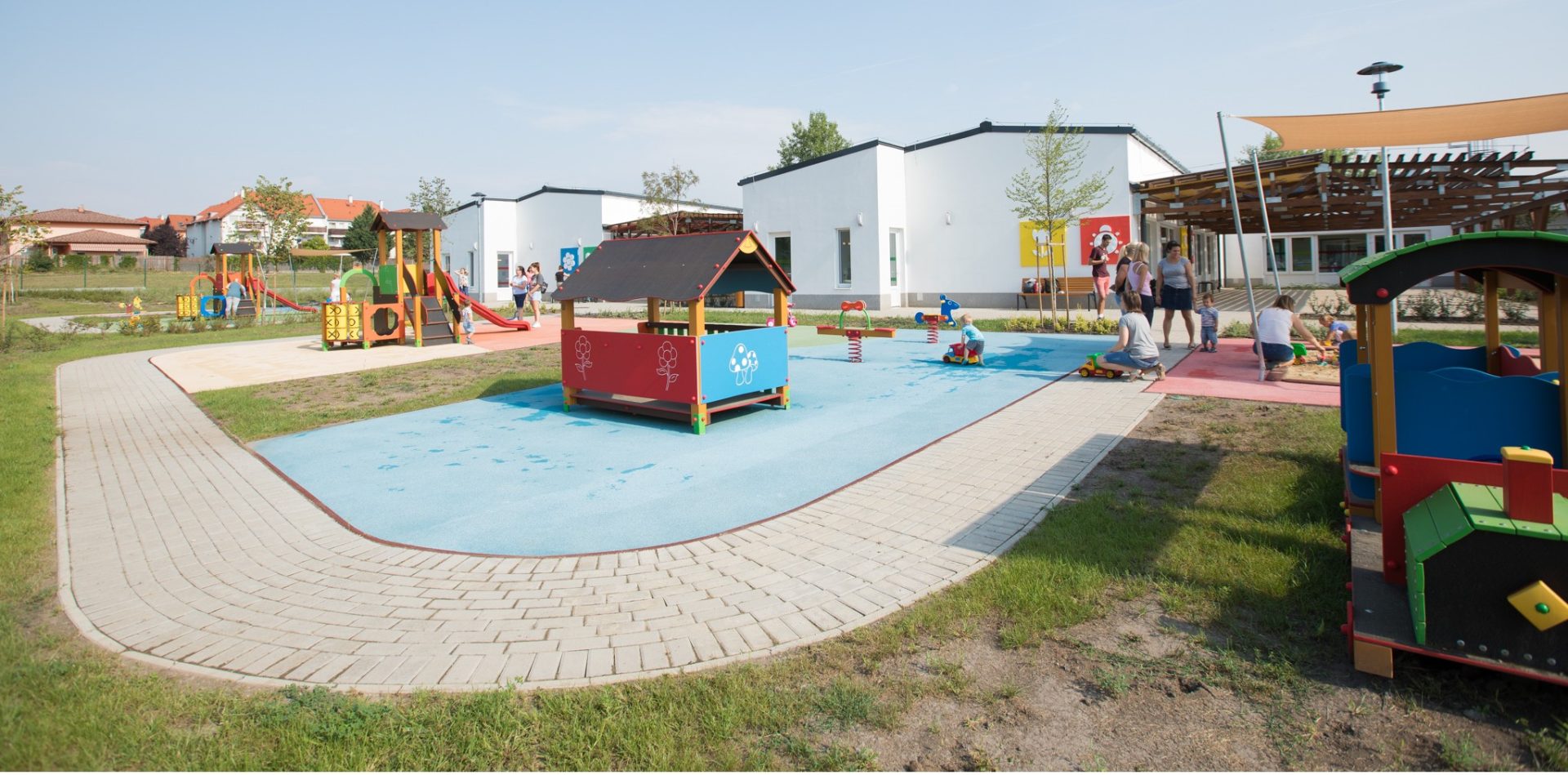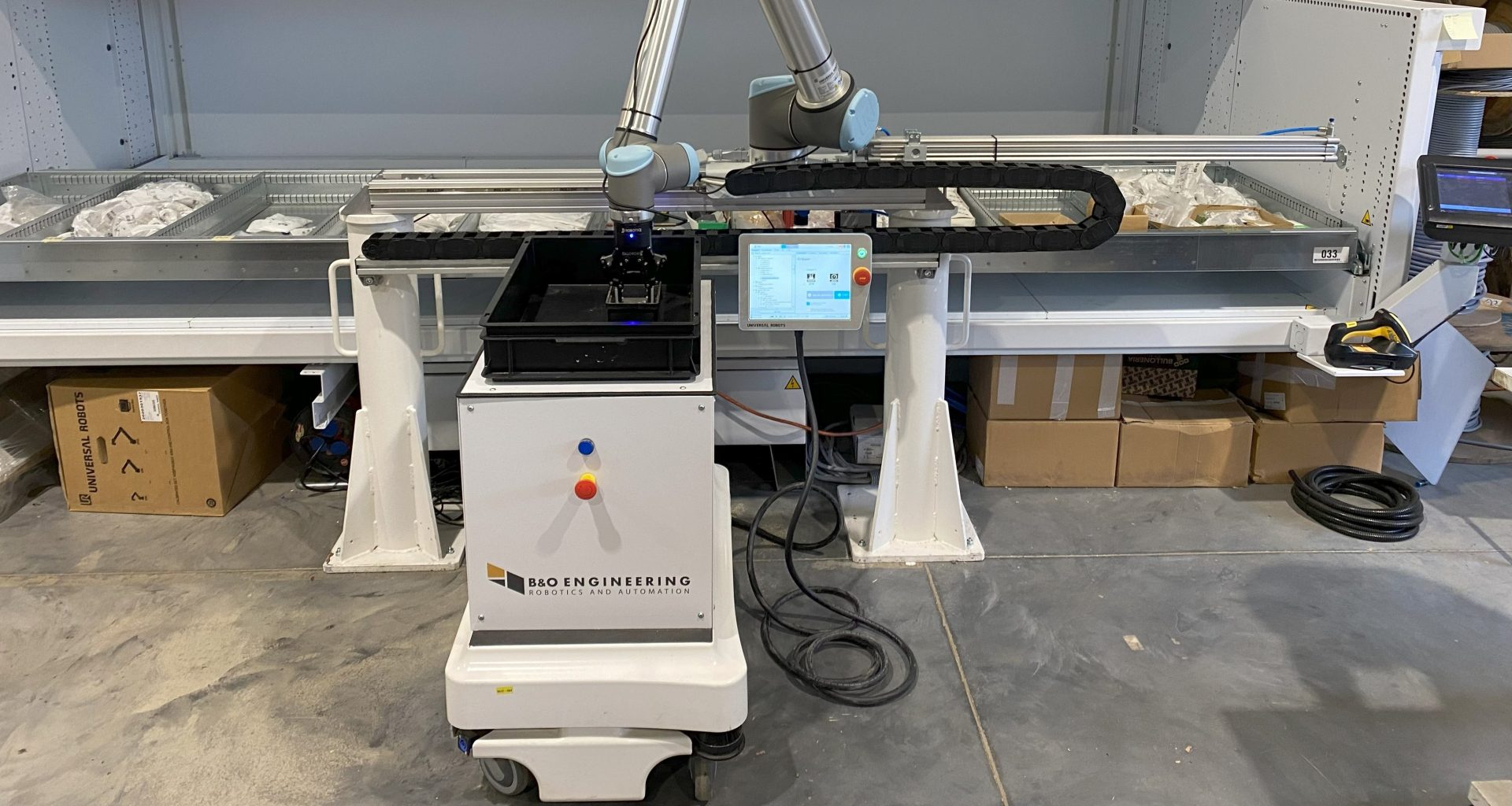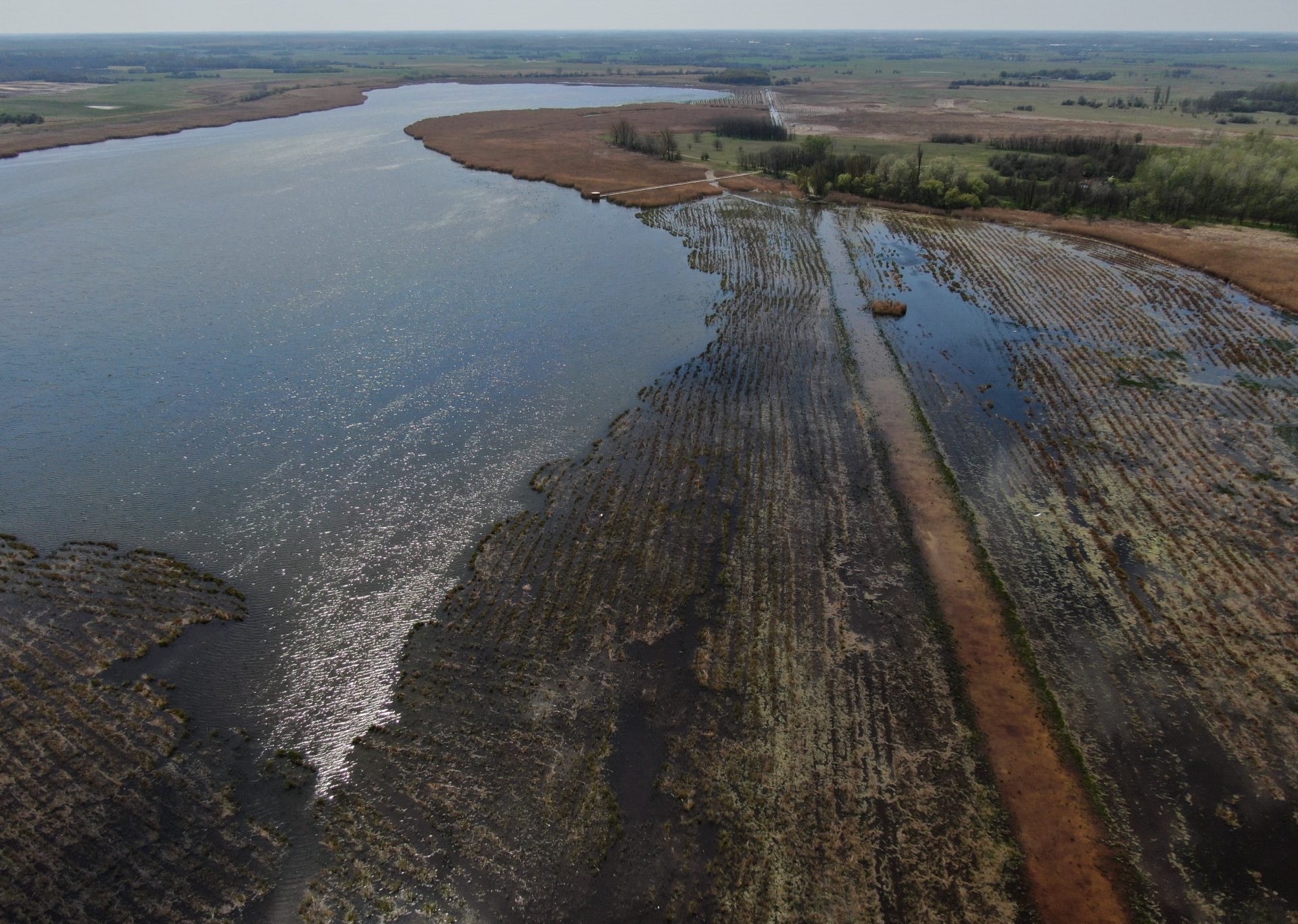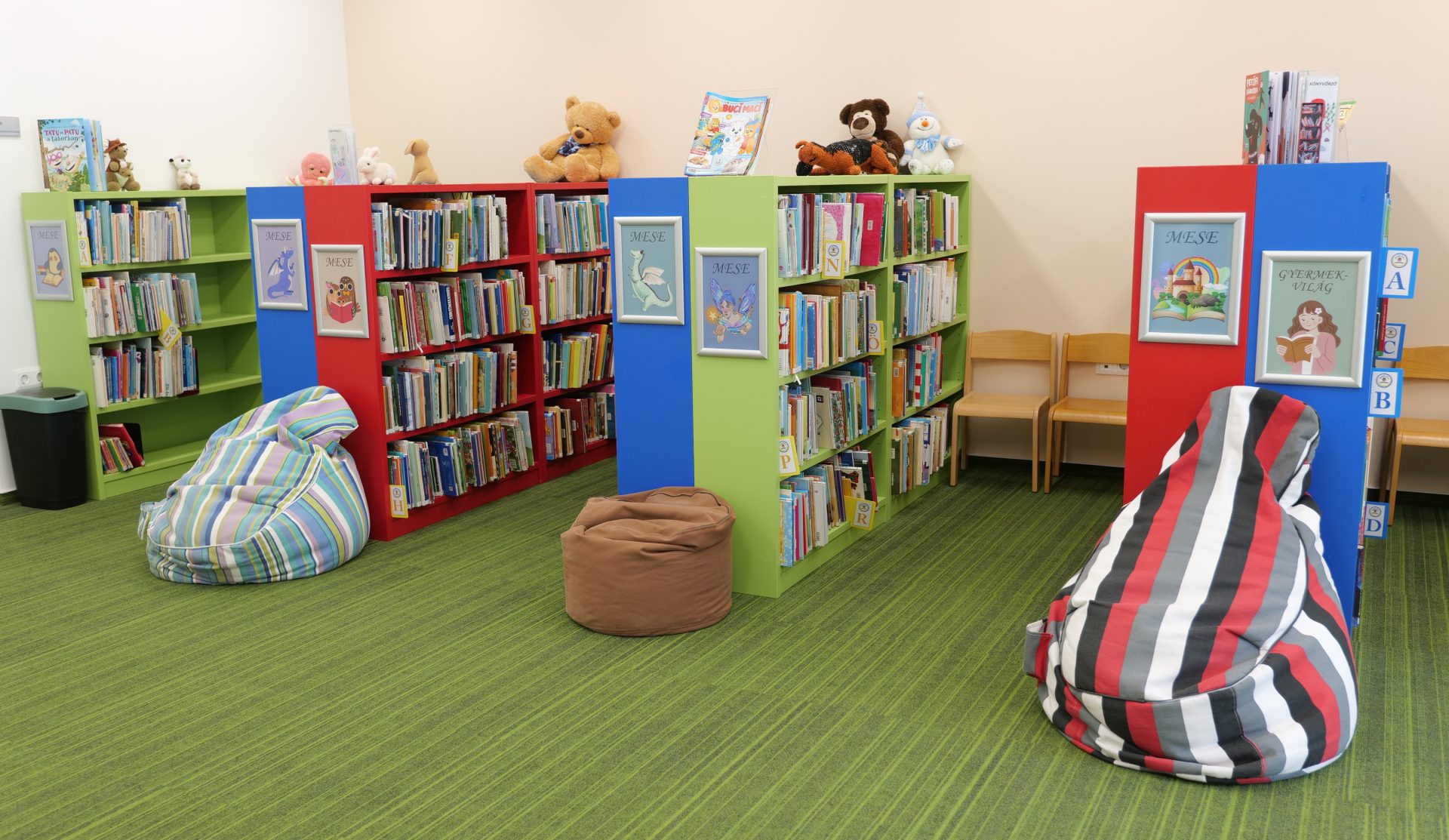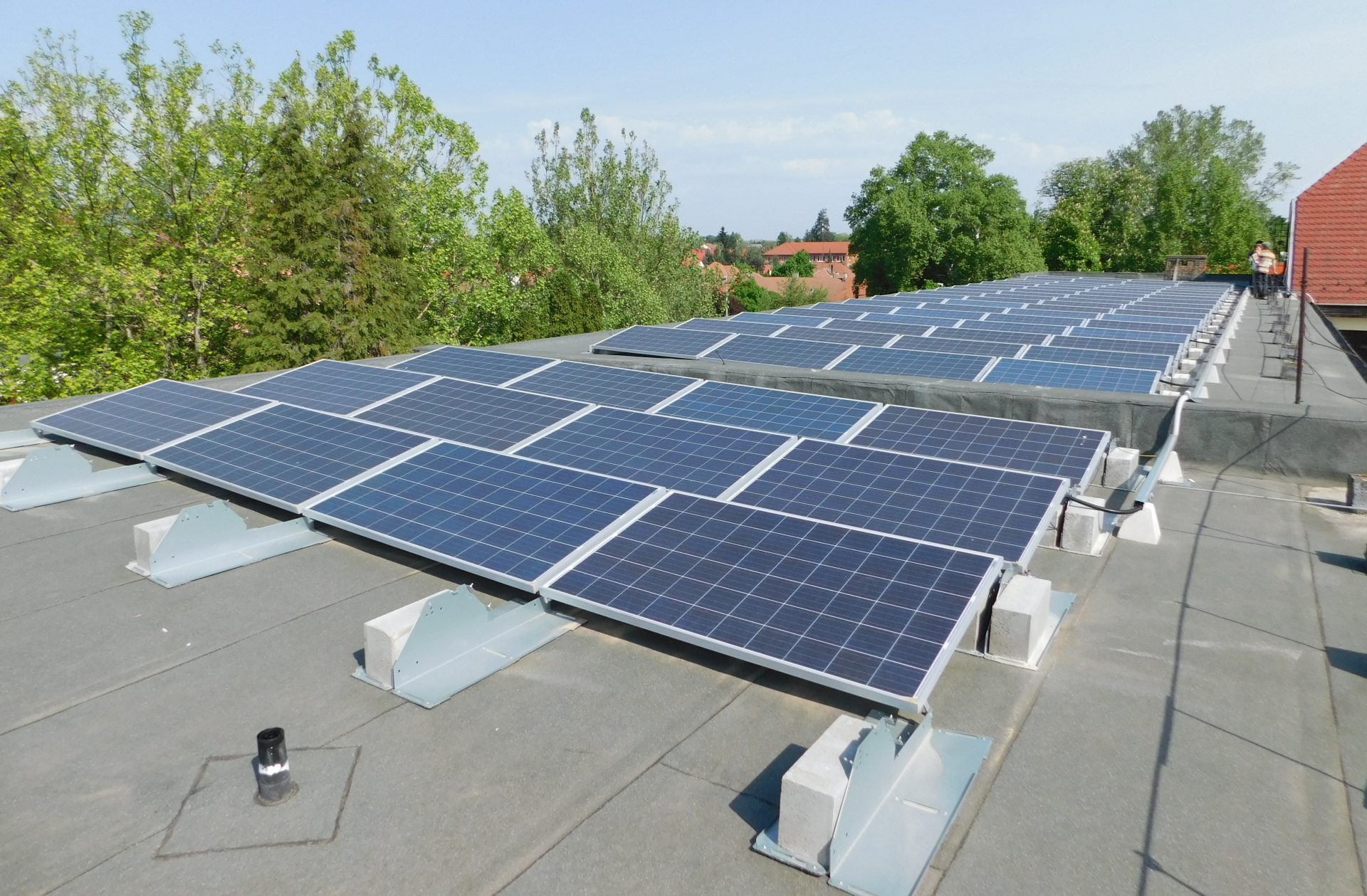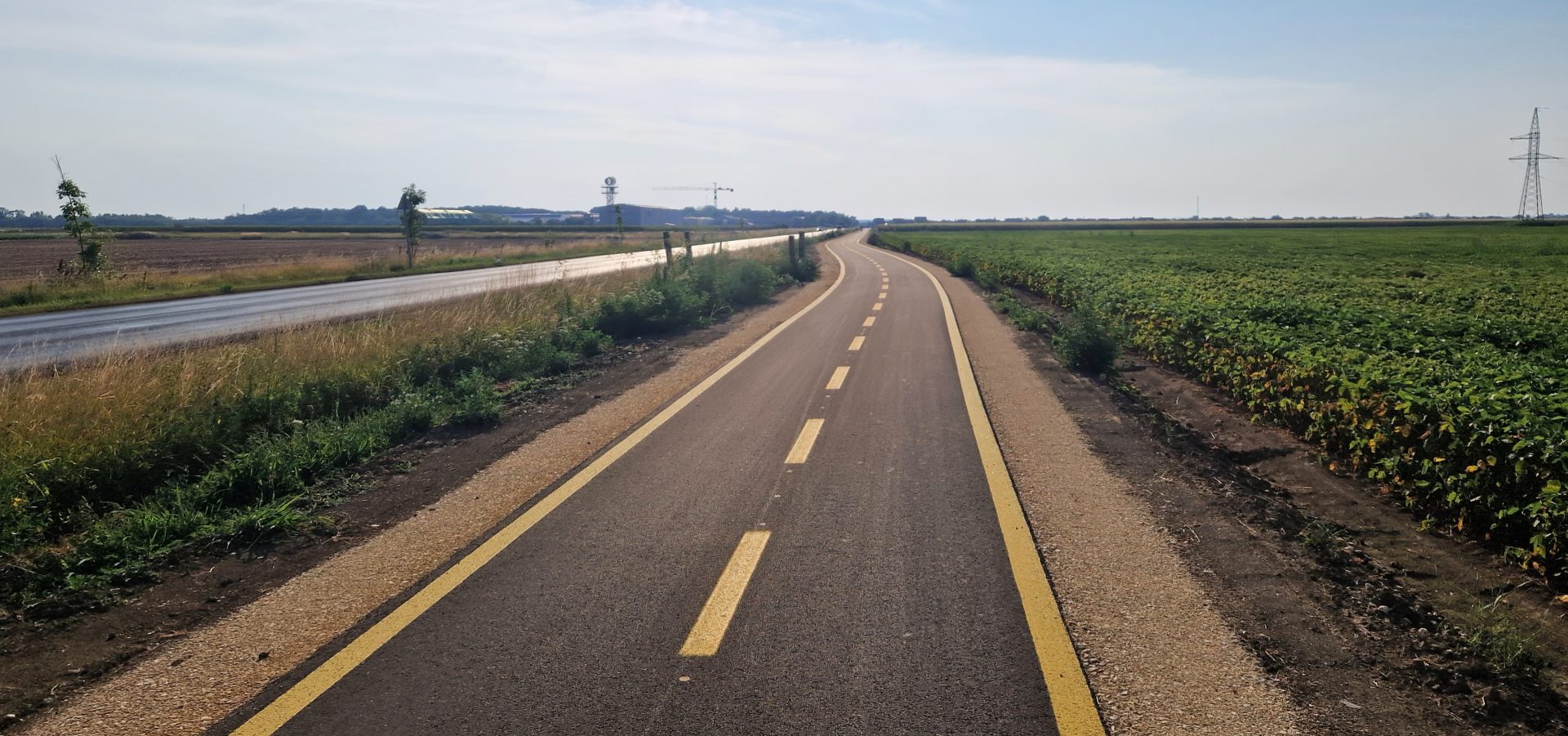In the district of Devecser, hundreds of children were able to participate in meaningful extracurricular activities based on tradition preservation, which not only provided a cultured way to spend their free time but also laid the foundations for talent development. These activities offered opportunities to discover the potential within the children through thematic, interactive, small group sessions, significantly expanding value-based knowledge alongside community experiences.
The Live Source Association for the preservation of traditions based in Kiscsősz, was founded in 2003. The organization deals with creative arts, cultural activities, and talent development, and has several years of experience in organising cultural and recreational programs for children and youth. Within the framework of the project supported by the Human Resource Development Operational Programme, based on the organization’s public education tasks, the development of supplementary learning programs to formal education could be realised. From the amount of EU and domestic co-financed support, activities were developed based on the needs of educational institutions, students, and parents to support the educational work of public education institutions, with the aim of developing the competencies and enriching the knowledge and skills of the students in educational institutions and pre-school children. The expansion of the tools for personal and effective cultural education can assist in the institutional tasks of personality development, while supporting cooperation between cultural organizations and educational institutions provides differentiated opportunities for the dissemination of complex learning forms.
Among the students in the region, there is a high proportion of those affected by socio-cultural disadvantages and underperformers for their age, whose integration and talent development were given a prominent role in the professional program, relying on the traditional educational, value-transmitting power that can compensate for cultural disadvantages. A total of six institutions were involved in the program: one kindergarten and five primary schools. The proportion of disadvantaged and multiply disadvantaged children and students among all participants was 32%.
The thematic activities were aligned with the professional programs, locations, and infrastructural possibilities of the partner institutions. The monthly workshop, which is based on elements of folk dance and folk games, seamlessly integrated into the kindergarten’s pedagogical activities. In the case of schools, the methodological renewal of the artistic group activity form was implemented. Based on the developed thematic curriculum, the sessions were not only focused on the importance of preserving traditions and mastering traditional dance techniques and steps, but also reinforced the objectives of physical education and movement development. During theme days, theme weeks, camps, competitions, and quizzes—based on newly developed methodological materials—experience and experience-based learning became part of everyday life, and interactive work forms provided a good foundation for discovering new directions in the relationship between the individual and the surrounding world. The children could experience the old rural culture and its elements that are still usable and relatable today.
The project focused on refining aesthetic and artistic awareness and expressiveness through organized activities, but did not neglect the development of native language communication, digital and cultural competence, as well as interpersonal and civic competence; additionally, learning to learn was also given significant emphasis.
The benefit of the application program is that the cooperation opportunities with the public education partner institutions have strengthened and become regular, and the joint activities continued in the form of local events and educational programs even after the project was realised.
The development was implemented from EU funding in the project EFOP-3.3.2-16-2016-00005 under the Human Resource Development Operational Programme.
Find out more about the project in the Project Finder:Details
